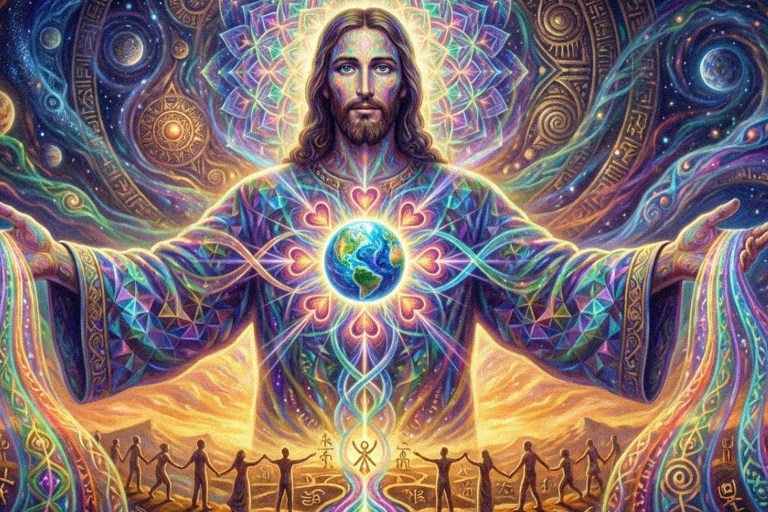
This Is What It Actually Means To ‘Love Yourself First,’ Because It’s More Than Just Being Confident
It isn't attraction that makes a relationship last. It isn't common interests, a shared long-term vision, or even commitment.
“Love yourself first” is probably the most overstated relationship advice there is, and yet most people don’t really know what it means.
We think “loving yourself” means immunizing yourself to criticism. Believing you’re the best. Having excessively positive but ultimately delusional ideas about what you are rather than realistic knowledge of who you are.
Loving yourself is seeing yourself as a whole. Focusing more on what you know you’re capable of rather than how other people see you. It is knowing how to deal with your darkness. It is knowing how to respond to the ugly parts of life.
How much you love yourself is how peacefully, humbly and gracefully you live out your life.
The same goes for relationships. It isn’t attraction that makes a relationship last. It isn’t common interests, a shared long-term vision, or even commitment. Those things determine whether or not a relationship starts – how you treat each other every day determines whether or not a relationship lasts.
And if you are in a bad mood every day, your relationship will be unhappy every day.
If you don’t have the courage to forgive yourself, you won’t have the ability to accept your partner.
If you don’t know how to work on yourself, you won’t know how to work on your relationship.
If you see your life through other people’s eyes, you’ll choose a relationship for how it looks.
If you don’t know how to take the bad things in your life and find within them a lesson, you won’t know how to take the bad parts of your relationship and find within them growth.
If you can’t honor what you’re feeling, you won’t be able to respect what your partner is experiencing.
If the way that you motivate yourself is by shaming yourself, you’ll motivate your partner by embarrassing them.
If you don’t know how to be authentically yourself, you won’t know how to genuinely love someone else.
If you don’t know how to be kind to yourself when you most want it, you won’t be kind to your partner when they most need it.
If you are not good enough for yourself, nobody will be good enough for you.
If you’re jealous of what other people have, you’ll end your relationship because of what you fear you don’t.
If you don’t believe that you have the power to change your life now, you won’t believe that you have the power to change your relationship ever.
If you are judgmental about everything that you do, you will be pessimistic about everything your partner does.
If you expect everything in your life to be easy, you won’t invest in the relationship that’s worth the difficulty.
If you can’t handle criticism, your relationship will stagnate.
If you always need to be right, you will always insist that your partner is wrong.
If you have an inferiority complex, you will impose superiority.
If you don’t know how to express your emotions in a healthy way, you’ll pick fights over little things so that you can let out how you really feel.
If you are too afraid to face your demons, you will push your partner away so they don’t make you.
If you only know how to meet flames with flames, your relationship will implode.
If you don’t have a vision for your life, you’ll just adopt someone else’s vision for theirs.
If you don’t know what you want, you won’t know how to ask for it.
If you don’t believe you can change yourself, won’t trust that you can change your circumstances.
If you don’t know who you are without a relationship, you won’t know who you are with a relationship.
If you give up on yourself, you’ll give up on love. ![]()











